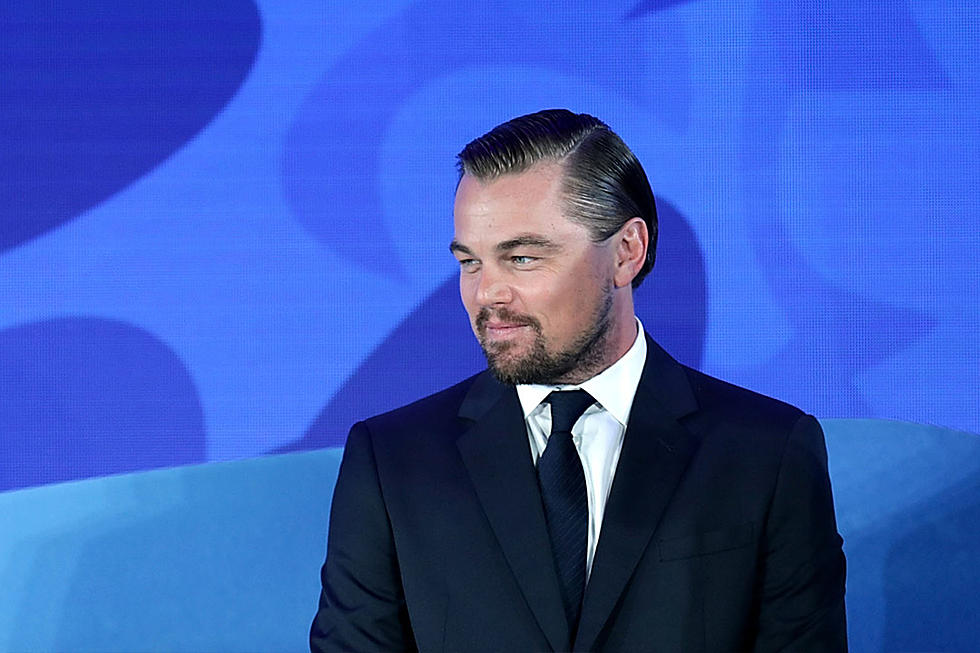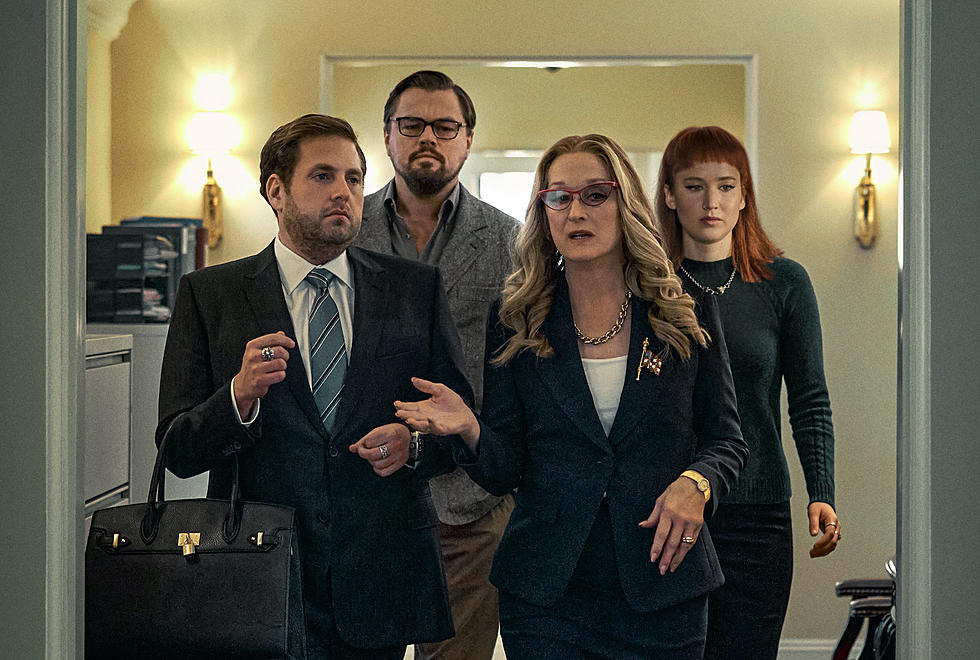Exploring the Influences of ‘The Revenant’ and Man’s Relationship to Nature
The Revenant is a film that expresses more through visuals and atmosphere than dialogue or character development alone.
While the Alejandro Gonzalez Iñarritu Oscar winner has had its fare share of critics who’ve written it off as survivalist torture porn or called it out for its sluggish storyline, it’s more about the power of its visual language than its plot. Through sublime visuals, both haunting and tranquil, piercing and mesmerizing, Iñarritu and cinematographer Emmanuel Lubezki explore the evolving relationship between man and the natural world.
The Revenant is far from the first of its kind, though. From Werner Herzog’s Aguirre, The Wrath of God to Akira Kurosawa’s Dersu Uzala to Terrence Malick’s The New World, the Iñarritu film recalls many classic works about the clash of man and nature. Yet it’s the work of Russian filmmaker Andrei Tarkovsky that has seemingly had the most profound impact on The Revenant. In a video essay, we highlight the many ways The Revenant recalls Tarkovsky’s The Mirror, Nostalgia, and Andrei Rublev as imagery from each reveals more about Hugh Glass’ (Leonardo DiCaprio) spiritual journey and connection to the wilderness around him.
More From 1073 Popcrush










